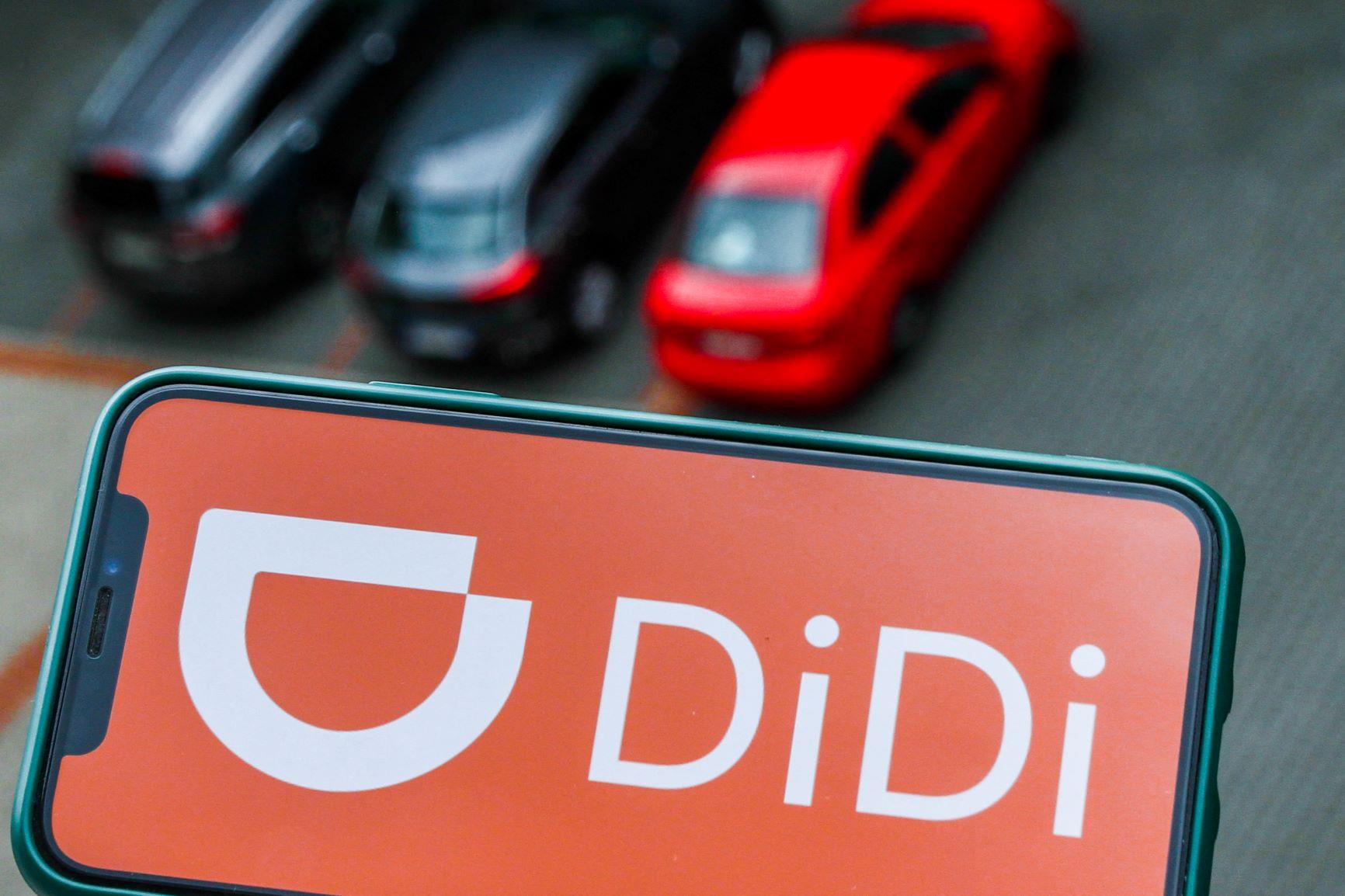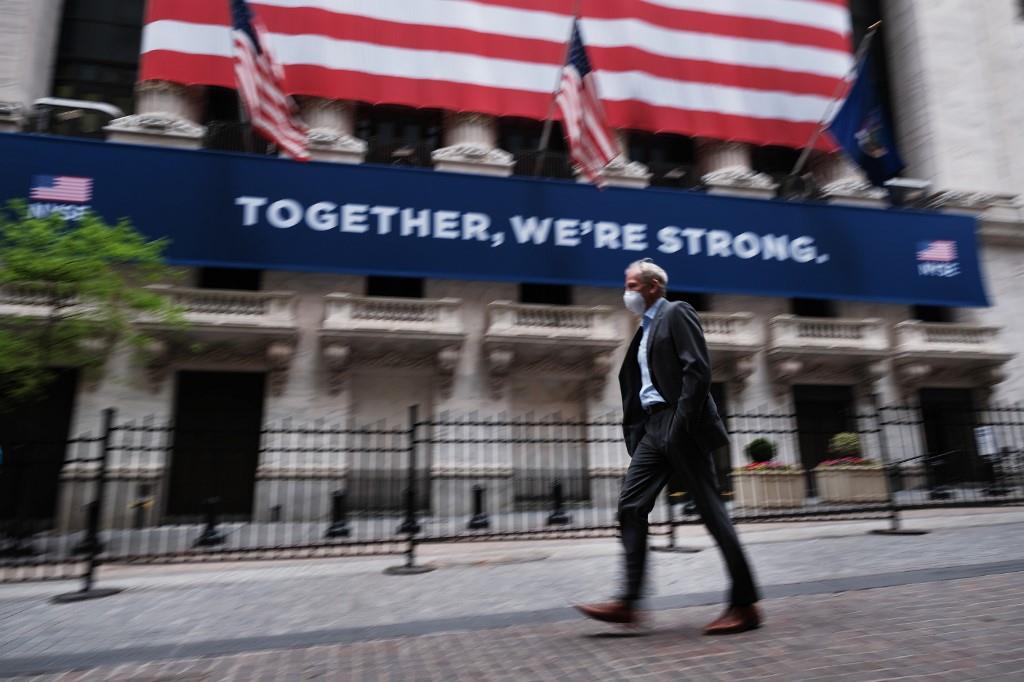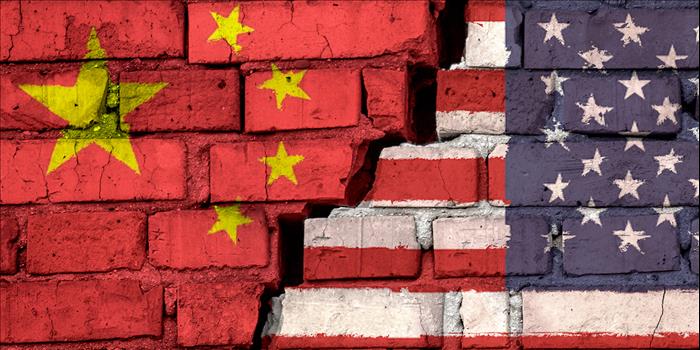
China seeks common ground on US IPO rules
(MENAFN- Asia Times) The China Securities Regulatory Commission (CSRC), the country's stock market watchdog, is seeking to improve communication with its counterpart in the United States regarding the requirements for Chinese companies to go public on American bourses.
“The securities regulators of the two countries should uphold the spirit of mutual respect, strengthen communication on regulating China-related stocks, and find appropriate solutions to create sound policy expectations and a sound regulatory environment for financial markets,” an unnamed CSRC spokesperson said in a statement on Sunday.
The spokesperson added the CSRC remains open to Chinese companies choosing international and domestic markets to list as long as they are in compliance with laws and regulations.
“Recently some Chinese government departments have launched new policies to improve the planning, ensure the safety and achieve a healthy and sustainable development in some sectors,” said the spokesperson.
“In future, the CSRC will closely communicate with relative government departments, further improve the management of the relationship among the investors, companies and regulators and increase the transparency and predictability of their policies.”
The CSRC said China would continue its national policy of pushing forward reform and liberalization and would continue to open up its financial markets and promote high-quality growth in the country's capital markets.
The statement came after Reuters reported last Friday that the US Securities and Exchange Commission (SEC) would not allow Chinese companies to raise money in the US unless they fully explain their legal structures and disclose the risk of Beijing interfering in their businesses.
On the same day, SEC chairman Gary Gensler said in a statement that many China-based operating companies were structured as Variable Interest Entities (VIEs) to go public outside China. Gensler said average investors may not realize that they held stock in a shell company rather than a China-based operating company.

Didi rides are forced to take a break as authorities demand changes to its data-collection practices. Photo: AFP
He said offshore issuers associated with China-based operating companies had to prominently and clearly disclose that investors were not buying shares of a China-based operating company but instead were buying shares of a shell company issuer that maintains service agreements with the associated operating company.
He said additional disclosure should include that the China-based operating company, the shell company issuer and investors could face uncertainty about future actions by the Chinese government that could significantly affect the operating company's financial performance and the enforceability of contractual arrangements.
Gensler also said he had asked staff to engage in targeted additional reviews of filings for companies with significant China-based operations.
Since Alibaba's Ant Group, which owns and operates Alipay, scrapped its massive IPO plan last November, global investors have raised concerns about whether it's safe to invest in US-listed Chinese IPO firms that have gained approval from Chinese regulators.
A series of incidents last month further fueled investor fears. On July 2, Cyberspace Administration of China (CAC), the country's cyber watchdog, said it was investigating homegrown ride-hailing platform Didi Chuxing over cybersecurity concerns, after the company raised more than US$4.4 billion in an IPO in New York on June 30.
CAC accused Didi of having illegally collected users' personal data and ordered online stores to pull its app. Didi's shares have declined 26% from its offering price of US$14.
Meanwhile, the CSRC is reportedly going to amend its rules to require firms structured using the VIE model to seek approval before getting listed in Hong Kong or the US. Media reports said Beijing wanted to close such a loophole long-used by Chinese companies, particularly technology firms.
Between July 23 and 27, the Hang Seng Index, a Hong Kong stock market benchmark, fell by 9.5% after China's Ministry of Education stepped up restrictions on the private education industry and banned educational training institutions from raising money through stock listings.
Education officials said the new rules would help parents save time and money so that they would have the incentives to have more children under the country's new three-child policy.

Alibaba Group was forced to apologize and promise to toe the government line. Photo: Anthony Wallace/AFP
After the announcement, shares of the US-listed TAL Education and New Oriental Education and Technology plunged 70% and 66% respectively.
China's State Administration for Market Regulation said in a statement on July 26 that food delivery companies should take steps to ensure that their deliverers make at least the local minimum wage, reduce their workload and strengthen traffic safety education.
In the past, many food deliverers complained that they could have their income deducted by 100 yuan (US$15.48), or about one-third of their daily salaries, if their services were one minute late. They said they sacrificed traffic safety to deliver food on time.
Shares of Meituan, a food delivery giant, have declined by 21% since the announcement.
While both the US and China are apparently pushing forward financial decoupling, Chinese authorities are now trying to calm markets. Chinese stocks lost as much as $1 trillion last week due to a massive global sell-off sparked by regulatory risk concerns.
On July 28 evening, CSRC vice chairman Fang Xingha reportedly held an online meeting with major investment banks and said that China would not ban its companies from listing in the US. Fang said the curbs on the education sector were only targeting the after-school tutorial markets and would not spill over to other sectors.
He also told foreign banks that the Chinese government would consider market impacts before announcing future policy changes. On Sunday, the CSRC reiterated its national policy direction of further opening up its financial sectors.
The SEC's latest statement meant that Chinese firms can still file IPO applications, although they would have to meet tougher disclosure requirements, said Linus Yip, chief strategist from First Shanghai Securities. Chinese firms' IPO activities in the US had been disrupted by recent policy changes but market volatility seemed to have stabilized, he said.

The New York Stock Exchange. Photo: AFP / Spencer Platt / Getty Images
Yip speculated that those who wanted to sell their Chinese stocks had likely already done so and investors would now not be surprised if US and Chinese regulators unveiled more changes in listing rules.
He said more Chinese firms would choose to go public in Hong Kong due to the new disclosure and due diligence requirements in the US.
Chinese firms have raised a total of US$12.8 billion through their debuts on US stock markets so far this year. After Didi's debacle, at least seven Chinese IPO candidates have postponed their listing plans with an expected combined fund-raising of US$4 billion.
Read: US investors barred from Hong Kong's Tracker Fund

Legal Disclaimer:
MENAFN provides the
information “as is” without warranty of any kind. We do not accept
any responsibility or liability for the accuracy, content, images,
videos, licenses, completeness, legality, or reliability of the information
contained in this article. If you have any complaints or copyright
issues related to this article, kindly contact the provider above.


















Comments
No comment